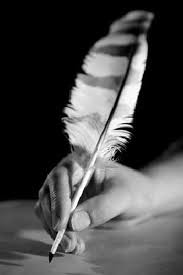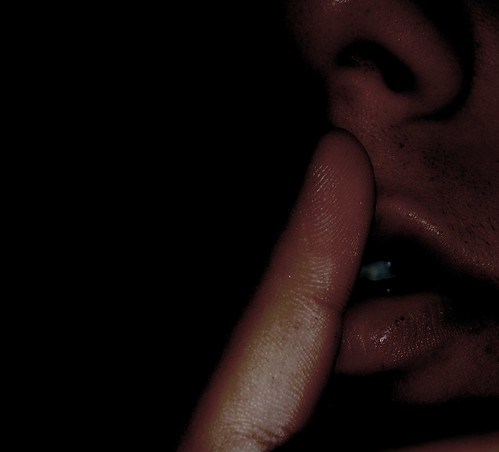"Tell [her] to stick to her teaching; she can never succeed as a writer." These were the words of James T. Fields, then the editor of The Atlantic magazine. According to legend, the Boston editor wrote to the father of a young, aspiring novelist with these very harsh words. She'd just completed work on her first full-length novel, a monster of a volume containing some autobiographical elements and deep, gut-wrenching tragedy.
The novel in question eventually did get published, and Hollywood has immortalized it in film more than once using some of the city's favorite actresses (including Katharine Hepburn and Elizabeth Taylor). And even if you've never read it, I'm pretty sure you've heard of it.
It's called Little Women, and it's considered to be a classic piece of literature. Louisa May Alcott, who famously penned the book while living in Massachusetts, eventually became a writer for The Atlantic magazine. Looks like she sure showed Mr. editor James T. Fields.
A Big Little Woman
Louisa May Alcott wrote prose all her life, though she is still best-known for Little Women and the three books that followed; a group of books known as the March Family Saga. It was published, over two volumes, in 1868 and 1869, and still delights readers and film lovers to this day. Little Women has been adapted in three big-budget Hollywood productions: 1933, starring Katharine Hepburn; 1949, starring Elizabeth Taylor, June Allyson, Janet Leigh and Margaret O'Brien; and one in 1994, with Susan Sarandon, Winona Ryder, Claire Danes, Kirsten Dunst and Christian Bale. That's right: 125 years after Alcott was told she would never be a successful writer, Batman was the leading man in the movie adaptation of her book.
Louisa May Alcott was in the writing trenches well before Twitter and word processors, back when everything had to written by hand, and she still had haters to contend with. Thank goodness she didn't listen to them!























